AYESHA MAQSOOD, BANGALORE
Eid al-Adha, also known as the Festival of Sacrifices, holds a significant place in the Islamic calendar, marking the culmination of the Hajj pilgrimage and commemorating Prophet Ibrahim’s unwavering obedience to God. This sacred occasion is observed with profound reverence and spiritual reflection by Muslims around the world.
Eid al Adha embodies the essence of sacrifice—a concept present across human history. Throughout the ages, humanity has sought closeness to God through offering sacrifices to idols. However, the true essence of sacrifice was manifested by Allah through the exemplary obedience of Prophet Ibrahimas.
Hazrat Ibrahimas saw in a dream that he was sacrificing his beloved son Ismail.[1] However, the true interpretation of the dream, as God Himself revealed to Ibrahimas, was not the physical act of slaughter[2]. Instead, it represented a profound lesson in Divine guidance and submission. It aimed to nurture a spirit so dedicated to faith that one would willingly dedicate their life to the service of God.
The example of Prophet Ibrahimas further illuminates the immense sacrifice made in obedience to Allah’s command. By leaving his wife Hajaras and son Ismail in a barren valley devoid of food and water, Ibrahimas demonstrated a level of devotion that surpassed even the act of slaughtering his son. This example, marked by enduring pain and suffering, is a testament to his unwavering faith and submission in fulfilling God’s directives. Despite the apparent hopelessness of the situation, Ibrahimas was assured by Allah that sacrifices made in His name would not lead to ruin. This monumental act epitomises the ultimate sacrifice desired by Allah—showing readiness to relinquish everything for the sake of Divine love and obedience.
It is this spirit of willingness to submit oneself to Divine command that is reflected in the act of sacrificing animals during Hajj and Eid al-Adha. The physical sacrifices act as a reminder that just as an animal is sacrificed for our use, a true believer should be ready to make every sacrifice, following the commandments of God.
Moreover, true sacrifice also involves nurturing the sacrificial animal and developing affection and love towards them. As a person tends to the animal and forms bonds with it, the sacrifice would hold deeper significance. It becomes a true demonstration of one’s devotion to Allah, deepening their connection with Him and reinforcing their commitment to living a life of righteousness.
The act of sacrificing animals is also a way of serving people as the meat of the slaughtered animals is distributed among the poor people. The Quran instructs Muslims to allocate some portions of the meat to the poor and the needy.[3] It is preferred that a person reserves one portion for themselves and their family, another for relatives and friends, while distributing the remaining portion among the less fortunate.[4] In Mecca, during Hajj, the meat of the slaughtered animals is systematically distributed to impoverished nations.[5]
Hence, Eid al-Adha provides Muslims with a great opportunity to express gratitude for Allah’s blessings. By lovingly distributing portions of the sacrificed animals to those in need, Muslims seek to fulfil their obligation to care for the less privileged members of society and promote compassion and equity. Expounding on this principle, the Worldwide Head of the Ahmadiyya Muslim Community, Hazrat Mirza Masroor Ahmadaba says:
“In countries where people live in comfort and have abundant access to food throughout the year, offering sacrifices during Eid with the mindset that greater spiritual reward will be earned by personally performing the sacrifice within affluent countries, while overlooking the people of impoverished nations, contradicts the true spirit of sacrifice. Yes, some sacrifices should be made in prosperous countries as a form of blessing, but the majority should be performed in impoverished countries to include their people in the joys of Eid. This approach aligns perfectly with the true spirit of sacrifice.”[6]
Above all, one should not forget the true essence behind these acts: righteousness. Allah says in the Holy Quran:
“Their flesh reaches not Allah, nor does their blood, but it is your righteousness that reaches Him.”[7]
Hazrat Mirza Masroor Ahmadaba says:
“Although this (sacrifice) is a part of Eid and it is a righteous deed, if the essence of sacrifice is not borne in mind during this practice, then these sacrifices are worthless. God is not desirous of the blood of animals, nor is He in need of this sacrifice. If anyone is bereft of Taqwa [righteousness], even if hundreds of thousands of animals are sacrificed, God’s pleasure cannot be won.”[8]
To conclude, Eid al-Adha is a celebration of sacrifice, spirituality, and renewal. It embodies the timeless values of devotion, obedience, and compassion that are central to Islam. As Muslims commemorate this auspicious occasion, they reflect on the profound teachings of Prophet Ibrahimas and strive to emulate his unwavering faith and commitment to Allah. Through acts of sacrifice and service, they renew their dedication to living a life of righteousness and upholding the principles of their faith.
END NOTES
[1] Holy Quran 37:103
[2] Holy Quran 37:106
[3] Holy Quran 22:37
[4] Al Mughni by Imam Ibn Qudama al-Maqdissi, v. 8, p. 632
[5] Saudi Arabia’s Sacrifice Project ‘Adahi’ Says over 400,000 Sheep Slaughtered during This Year’s Hajj Season, Arab News, 13 July 2022
[6] Is It Obligatory for Pilgrims or All Muslims to Sacrifice Animals on Hajj? from Al-Hakam, 29 September 2023
[7] Holy Quran 22:38
[8] Eid al-Adha Sermon delivered on 12 August 2019

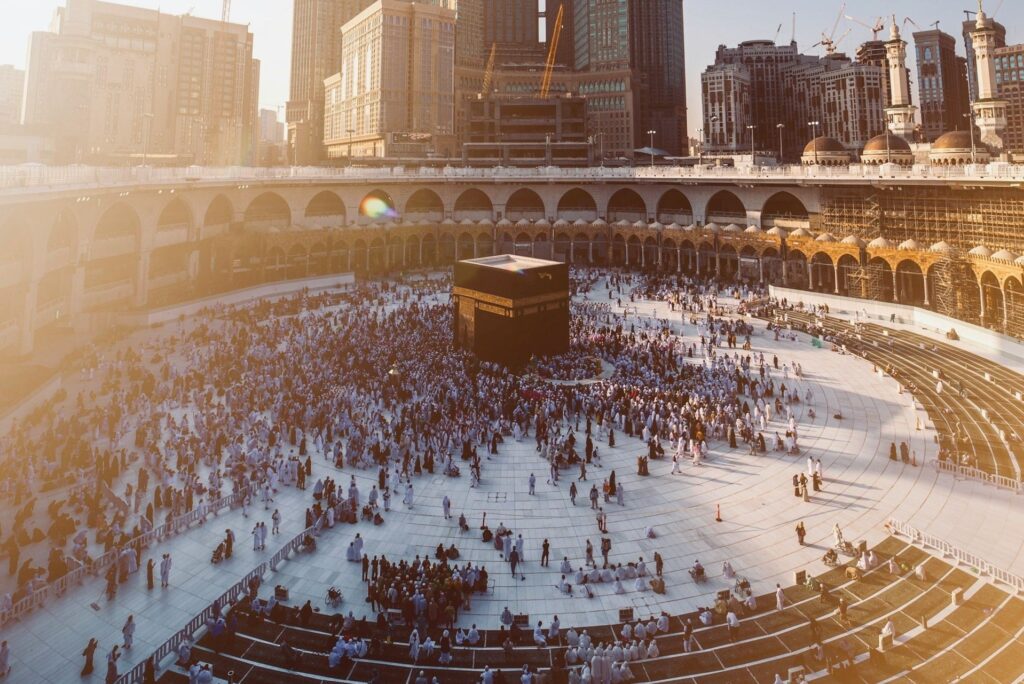




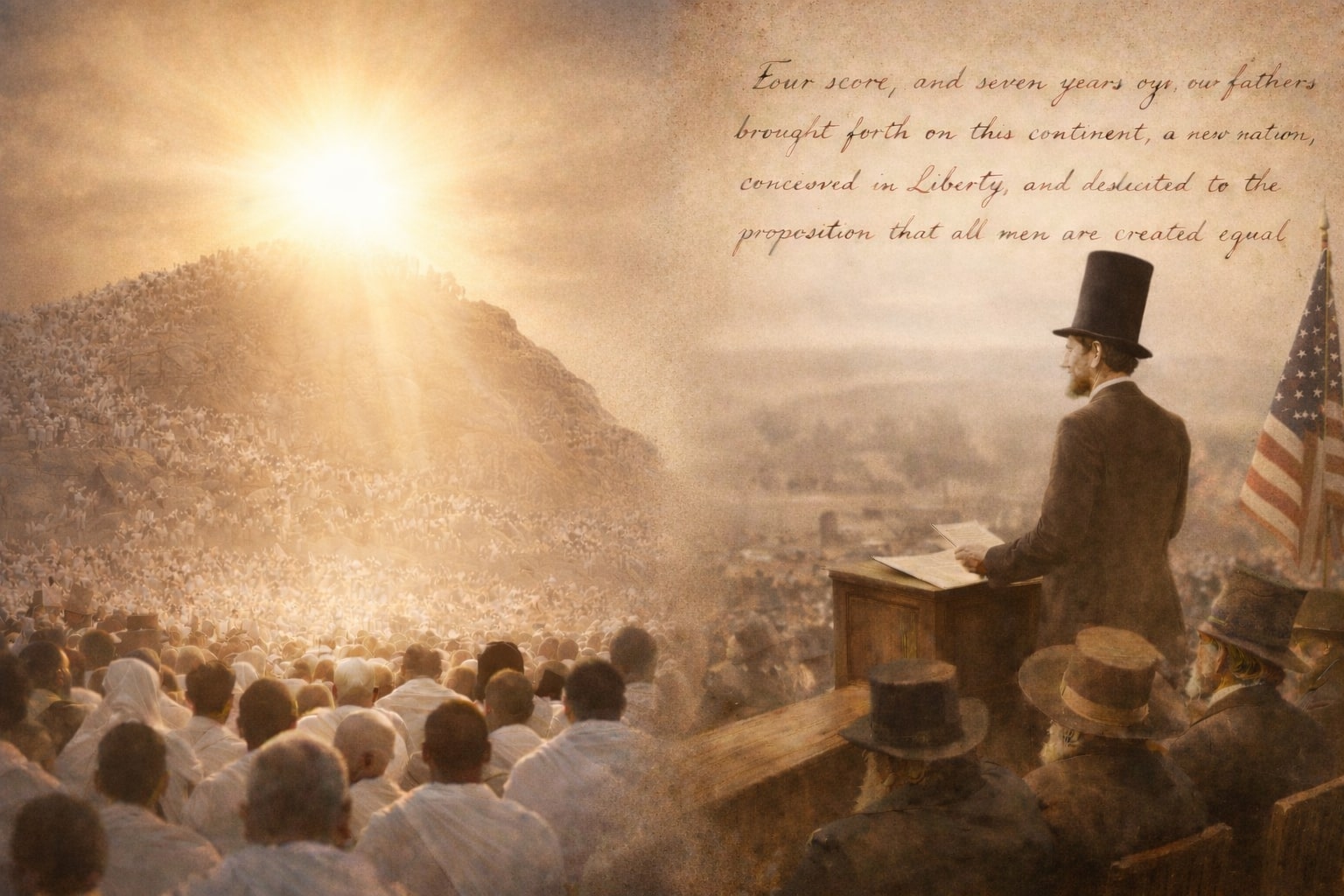
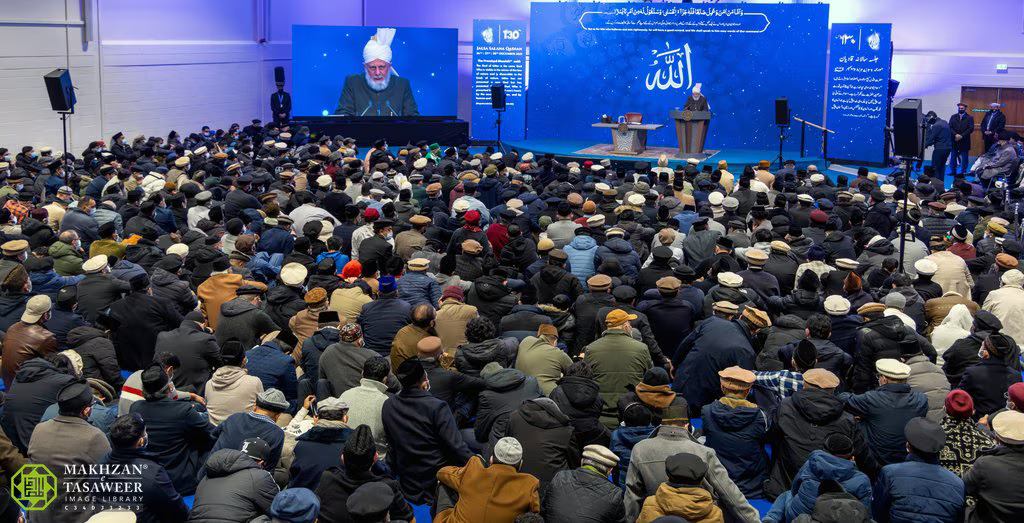
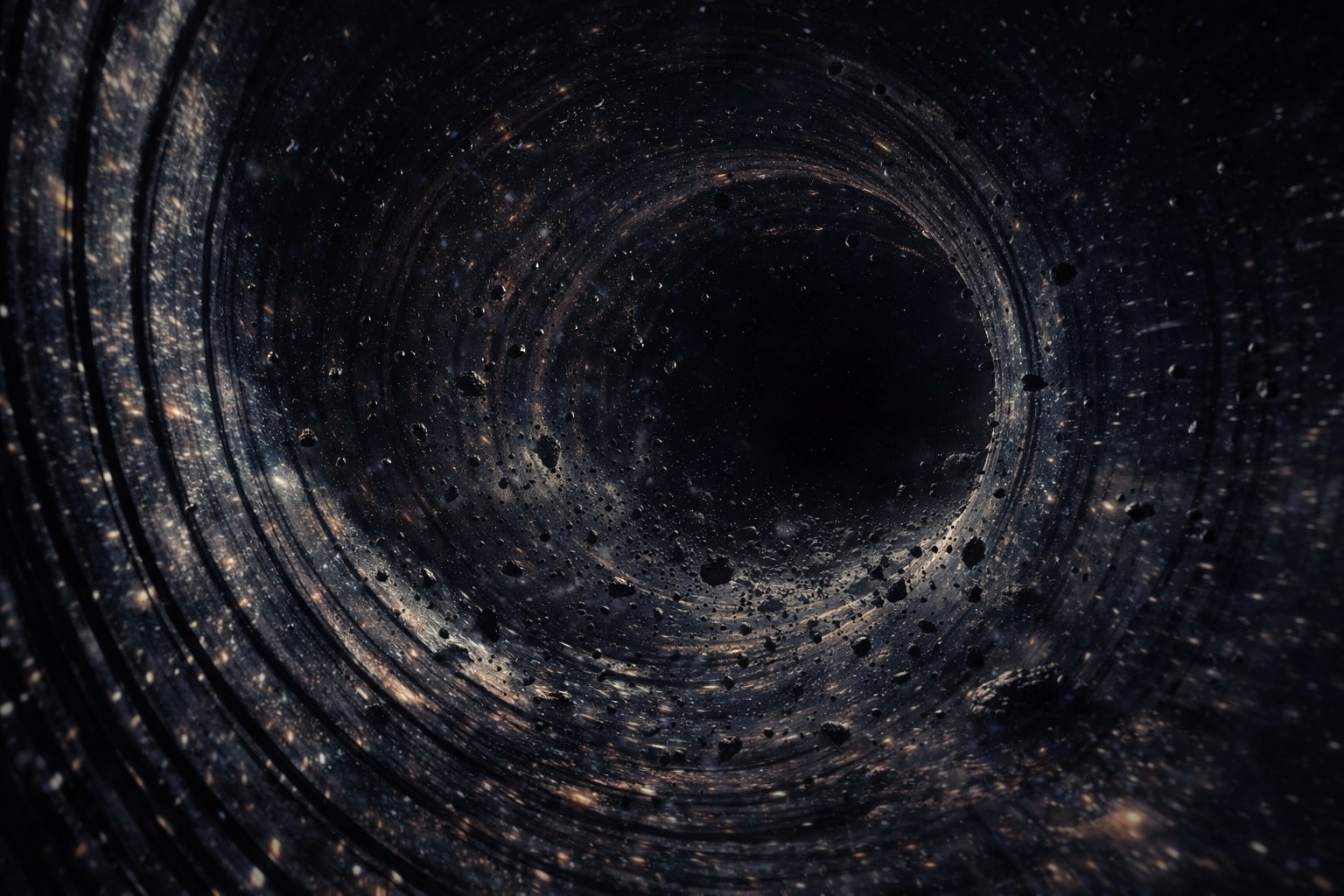

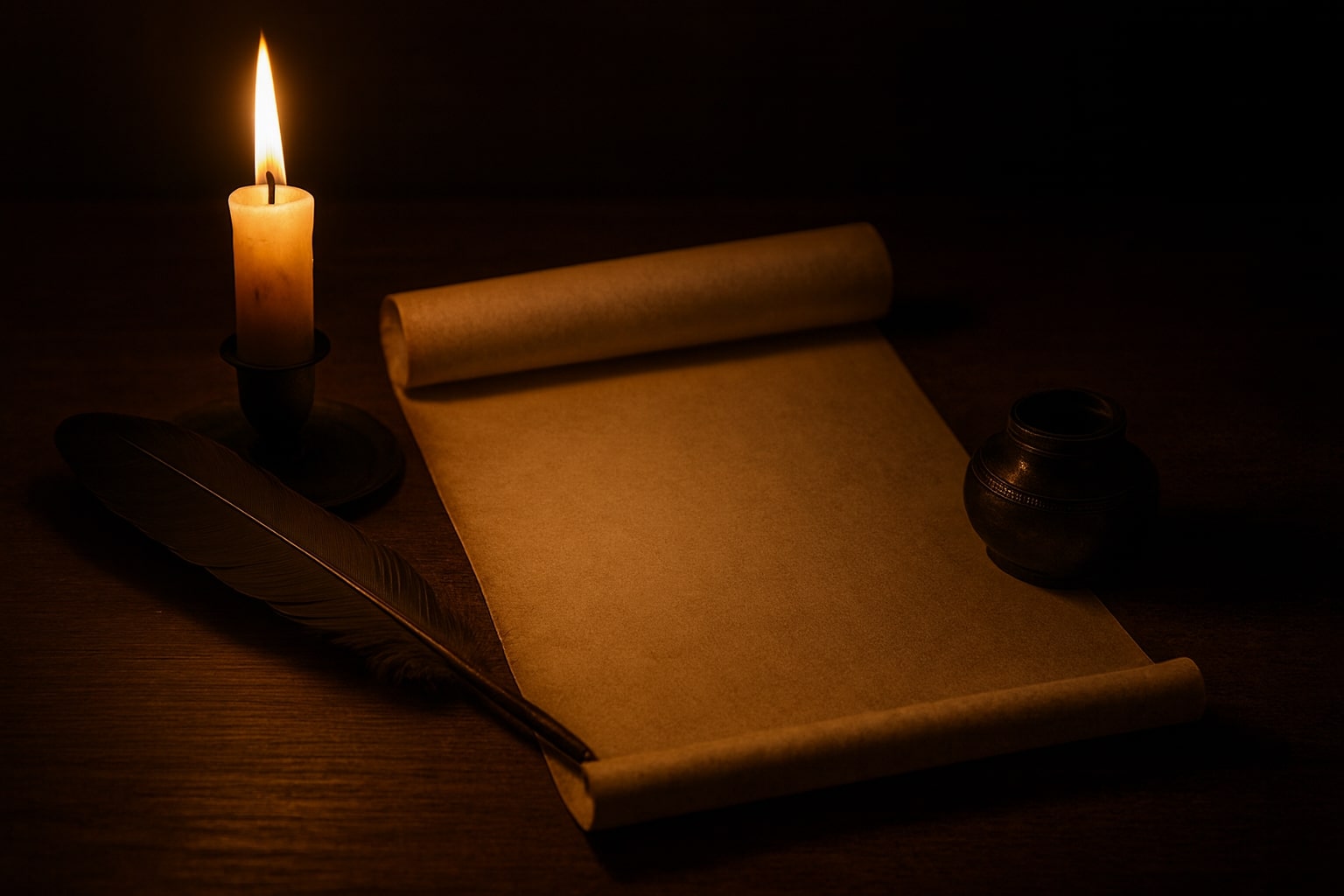


0 Comments